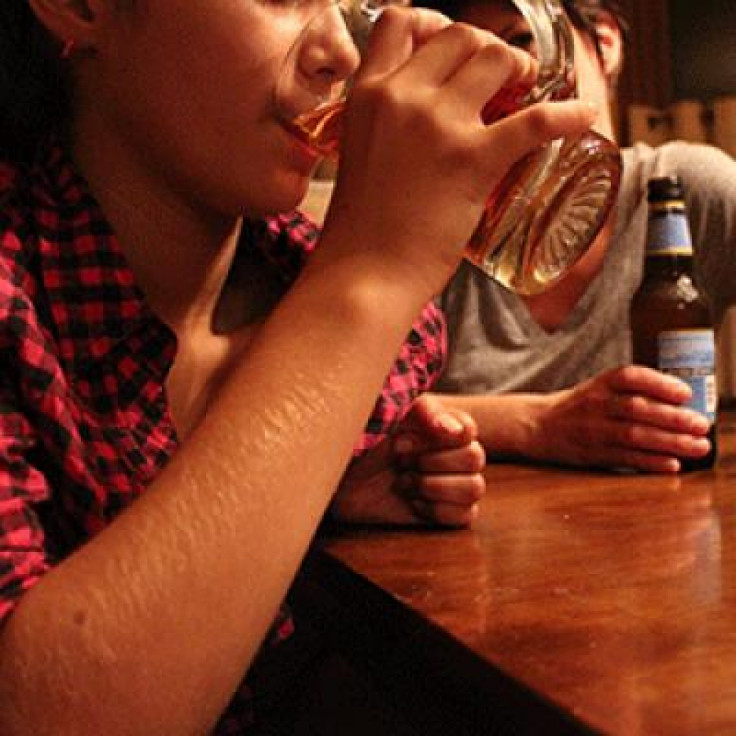Teenage Drinking Raises Breast Cancer Risk, One Drink A Day Increases Likelihood By 13 Percent

Teenage drinking may have serious long-term consequences for millions of young women.
New research indicates that the more alcohol consumed before motherhood, the greater the woman’s likelihood of developing breast cancer. The study, published in the Journal of the National Cancer Institute, is the first to draw a link between breast cancer and drinking from early adolescence to first full-term pregnancy.
“More and more heavy drinking is occurring on college campuses and during adolescence, and not enough people are considering future risk,” co-author Graham Colditz, from the Siteman Cancer Center at Barnes-Jewish Hospital and Washington University School of Medicine in St. Louis, said in a statement. “But, according to our research, the lesson is clear: If a female averages a drink per day between her first period and her first full-term pregnancy, she increases her risk of breast cancer by 13 percent.”
Researchers followed 91,005 women for 20 years. They completed questions about their alcohol consumption and breast cancer risk. The team identified 1,609 cases of breast cancer and 970 cases of benign breast disease.
“Breast tissue is particularly susceptible to carcinogens between menarche and first full-term pregnancy,” says the study, which may explain how the adverse effects of alcohol could lead to a breast cancer diagnosis in the future.
Researchers suggest young women limit alcohol consumption to less than one drink a day during this period to reduce a lifetime risk of breast cancer. Study findings also revealed that for every bottle of beer, glass of wine or shot of liquor consumed daily, a young woman increases her risk of proliferative benign breast disease by 15 percent.
According to the National Institute on Alcohol Abuse and Alcoholism, college drinking is widespread, with four out of every five college students drinking and about half consuming alcohol through binge drinking – defined as consuming four or five drinks in a row.
"Parents should educate their daughters about the link between drinking and risk of breast cancer and breast disease," study co-author Ying Liu from Washington University School of Medicine said. "That's very important because this time period is very critical."
© Copyright IBTimes 2024. All rights reserved.












